Emergency Water Damage Repair: What You Must Do…
Learn the essential steps to take after water damage, from ensuring safety to preventing mold.…
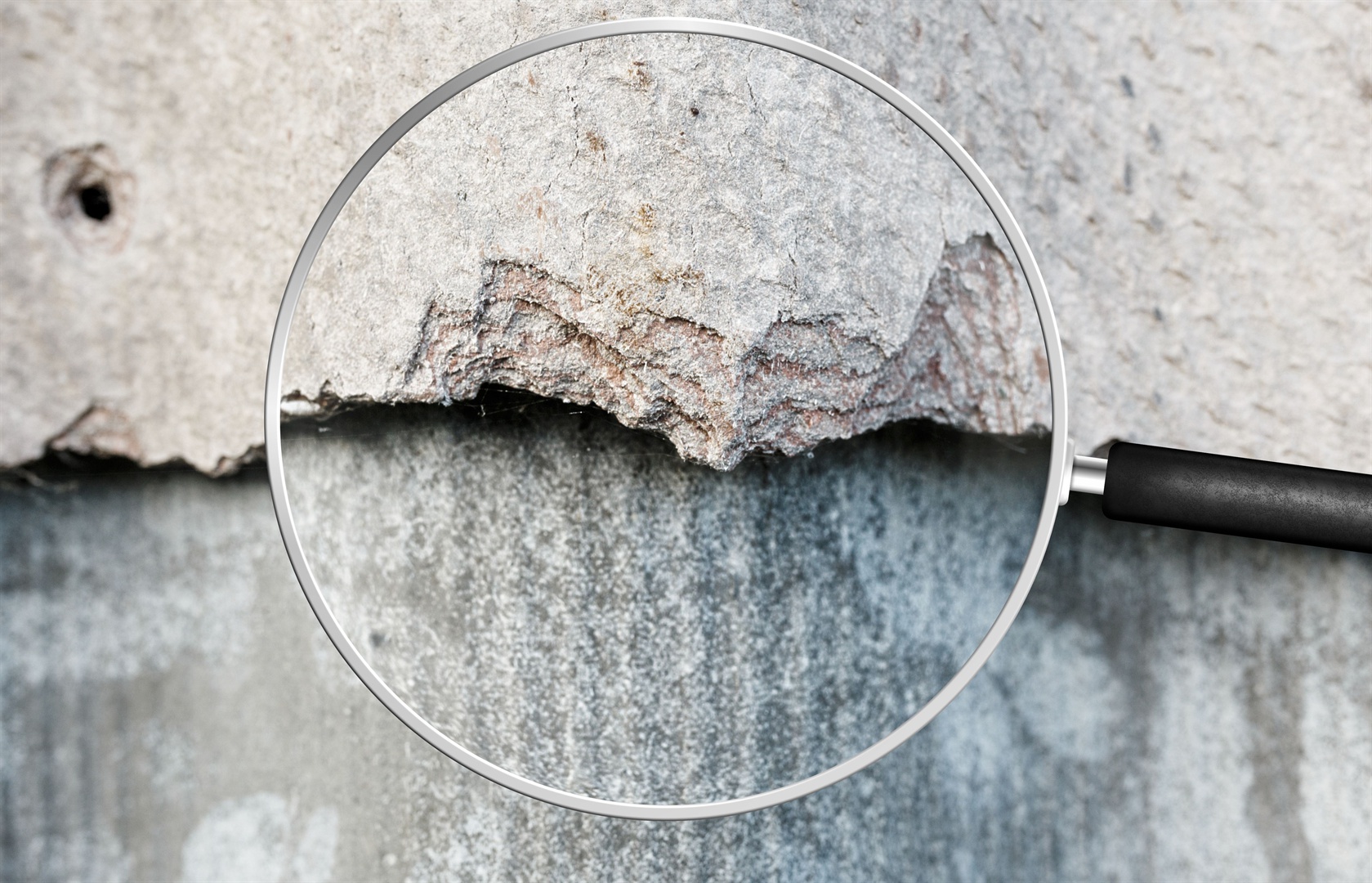
Asbestos, a naturally occurring mineral, gained popularity in the 20th century due to its heat resistance and durability. It was extensively used in construction, insulation, and manufacturing. However, its harmful effects on human health were discovered, leading to its ban in many countries, including Canada.
Asbestos consists of microscopic fibers that can easily become airborne when disturbed. When inhaled, these fibers can penetrate deep into the lungs, causing serious health issues such as lung cancer, asbestosis, and mesothelioma. Due to its widespread use in the past, asbestos-containing materials (ACMs) can still be found in many buildings today.
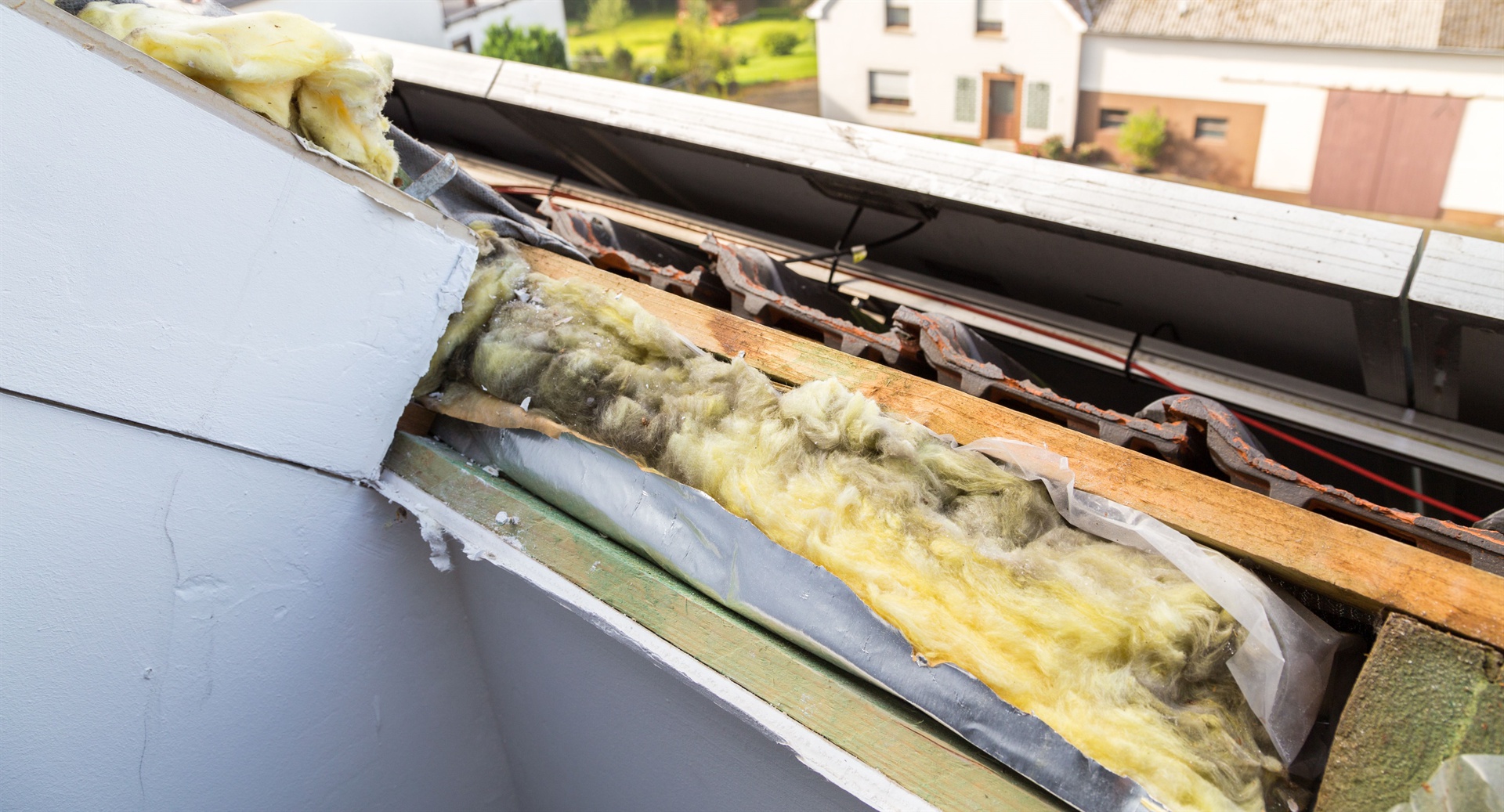
Asbestos remediation, also known as asbestos abatement, is the process of safely removing and disposing of ACMs to prevent exposure and protect human health. Proper remediation is essential when renovating or demolishing older buildings containing asbestos.
The remediation process begins with a comprehensive inspection and assessment to identify the extent of asbestos contamination. Next, a licensed asbestos abatement contractor develops a detailed remediation plan, including containment measures and removal procedures.
During remediation, strict containment measures are implemented to prevent the spread of asbestos fibers. This typically involves sealing off the work area with plastic sheeting and using negative air pressure systems. Trained professionals then carefully remove and package the ACMs for safe disposal at approved facilities.
Throughout the remediation process, air monitoring is conducted to ensure that asbestos levels remain below regulatory limits. Once remediation is complete, clearance testing is performed to verify that the area is safe for reoccupation.
Asbestos remediation should only be conducted by trained and certified professionals equipped with proper personal protective equipment (PPE). It is essential to follow all safety protocols and regulations to minimize the risk of exposure to asbestos fibers.
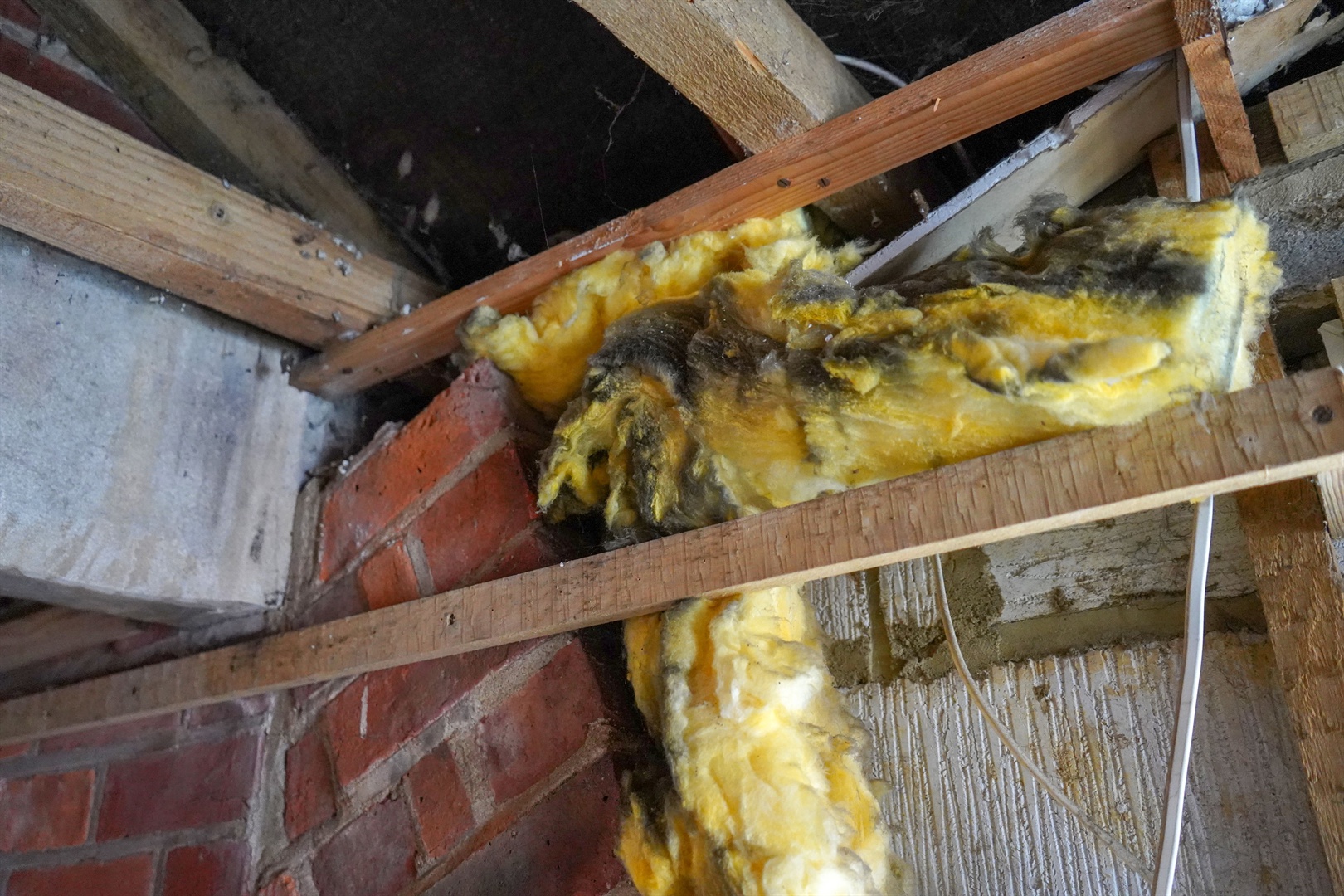
Asbestos can be found in various building materials used in residential, commercial, and industrial properties. Common ACMs include insulation, floor tiles, ceiling tiles, roofing materials, and pipe insulation. It is essential to be aware of the potential presence of asbestos in older buildings, particularly those constructed before the 1980s.
Identifying asbestos-containing materials in your property requires a thorough inspection by qualified professionals. Licensed asbestos inspectors can collect samples of suspected ACMs for laboratory analysis. Testing is crucial for accurately determining the presence and concentration of asbestos fibers in building materials.
During a visual inspection, trained professionals look for signs of deteriorating or damaged materials that may contain asbestos. Suspect materials such as insulation that appears fluffy or powdery, or floor tiles with a mottled appearance, may indicate the presence of asbestos. However, visual inspection alone is not sufficient to confirm the presence of asbestos and requires laboratory analysis for confirmation.
While DIY testing kits are available for asbestos testing, it is essential to exercise caution. Improper sampling techniques can release asbestos fibers into the air, posing health risks to occupants. It is recommended to hire licensed professionals for asbestos testing to ensure safe and accurate results.
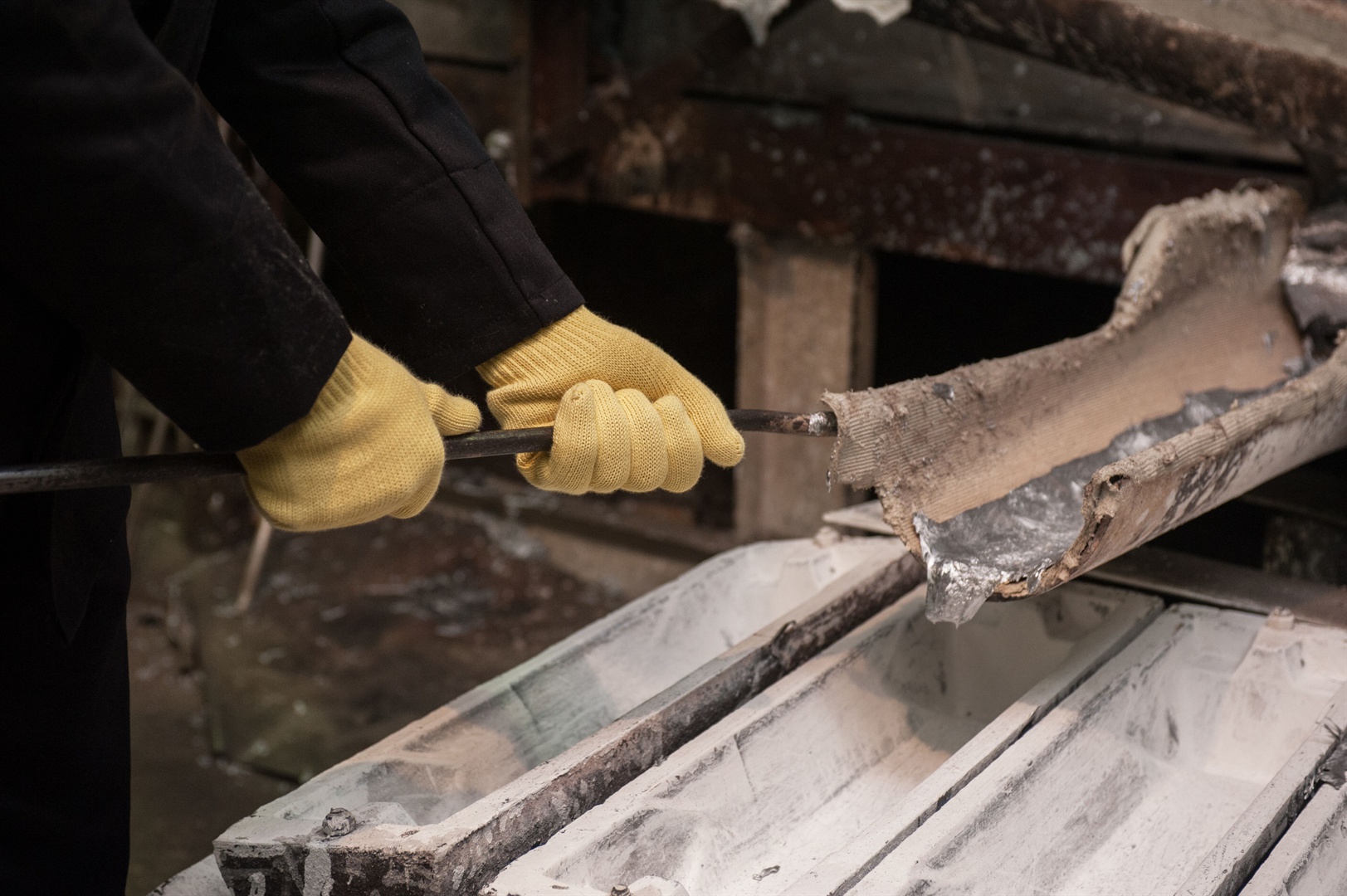
Exposure to asbestos fibers can have severe health consequences, including lung cancer, mesothelioma, and asbestosis. These diseases may not manifest symptoms until years or decades after exposure, making early detection and prevention crucial. Even brief exposure to asbestos fibers can pose significant health risks.
Occupational groups such as construction workers, maintenance personnel, and asbestos abatement professionals are at increased risk of asbestos exposure due to their work with asbestos-containing materials. Employers must implement strict safety protocols, including proper training, personal protective equipment (PPE), and exposure monitoring, to minimize the risk of asbestos-related diseases among workers.
In addition to occupational exposure, environmental exposure to asbestos can occur through the release of fibers into the air during demolition, renovation, or natural disasters. Asbestos-containing materials that are disturbed or damaged can release fibers into the environment, posing risks to nearby residents and communities.
To protect public health and safety, regulatory agencies such as the Environmental Protection Agency (EPA) and Occupational Safety and Health Administration (OSHA) have established standards and regulations for asbestos handling, abatement, and disposal. Compliance with these regulations is essential to prevent asbestos exposure and ensure the safety of workers and the public.
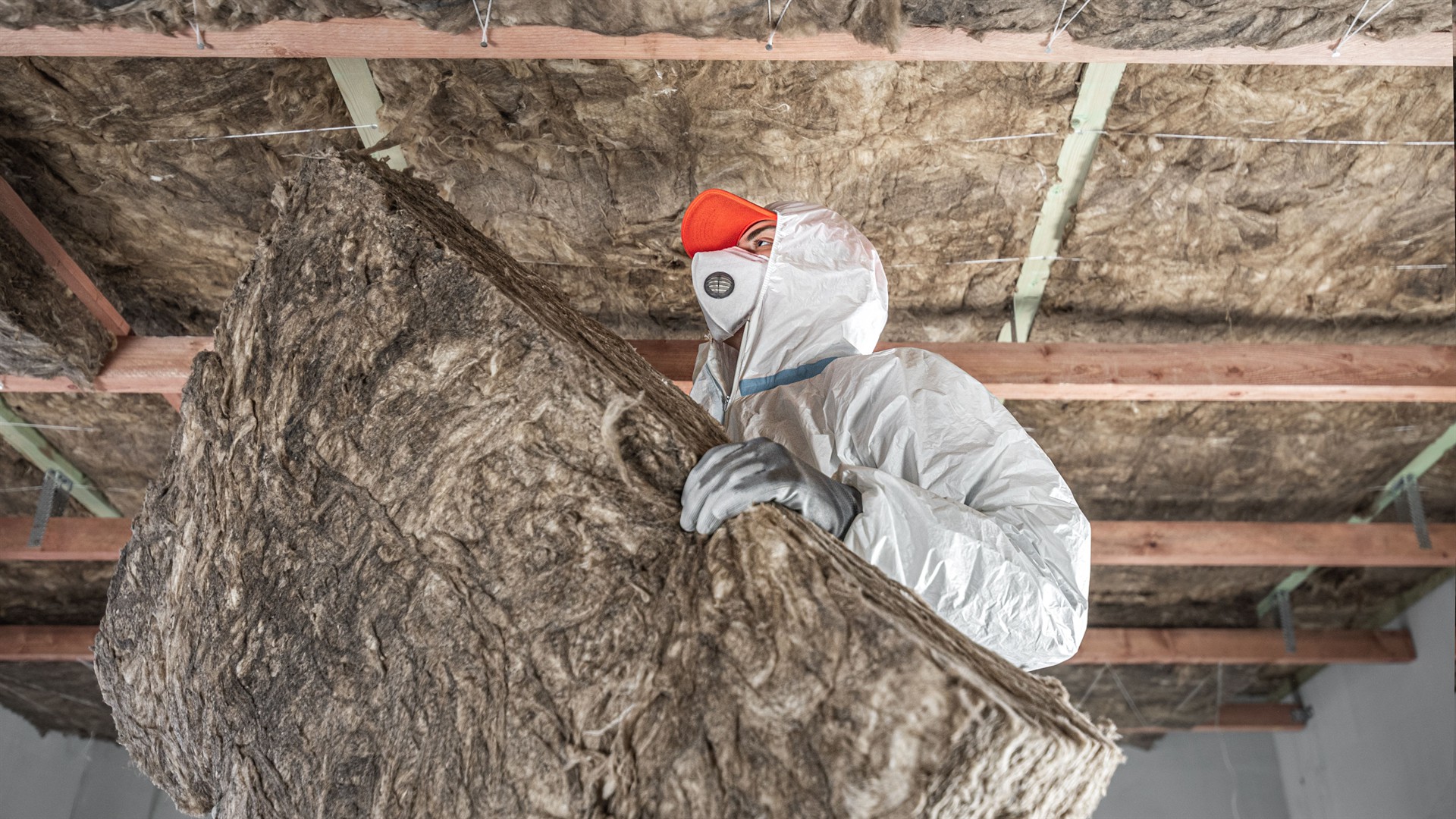
The asbestos remediation process begins with a comprehensive assessment of the property to identify asbestos-containing materials (ACMs). Trained professionals conduct thorough inspections and sampling to determine the extent of asbestos contamination. Based on the findings, a detailed remediation plan is developed, outlining the steps required to safely remove and dispose of the asbestos.
Containment is crucial to prevent the spread of asbestos fibers during remediation. Specialized containment barriers, such as plastic sheeting and negative air pressure systems, are erected to isolate the work area from the rest of the property. This containment measures help minimize the risk of airborne asbestos contamination and protect occupants and workers.
Licensed asbestos abatement contractors perform the safe removal of asbestos-containing materials using approved techniques and equipment. Trained workers wear personal protective equipment (PPE) and follow strict protocols to minimize exposure to asbestos fibers. Once removed, the ACMs are carefully packaged and labeled for transport to authorized disposal facilities, where they are disposed of following regulatory guidelines.
After asbestos removal, the affected areas undergo thorough cleaning and decontamination to remove any remaining asbestos dust and residue. Specialized cleaning techniques, such as wet wiping and HEPA vacuuming, are employed to ensure the complete removal of asbestos fibers from surfaces and air ducts. Decontamination procedures help restore the property to a safe and habitable condition.
Following remediation activities, post-remediation testing is conducted to verify the effectiveness of the asbestos removal process. Air and surface samples are collected from the remediated areas and analyzed by accredited laboratories to ensure that asbestos levels meet regulatory standards. Upon achieving clearance, a formal clearance certificate is issued, documenting the successful completion of the remediation project.
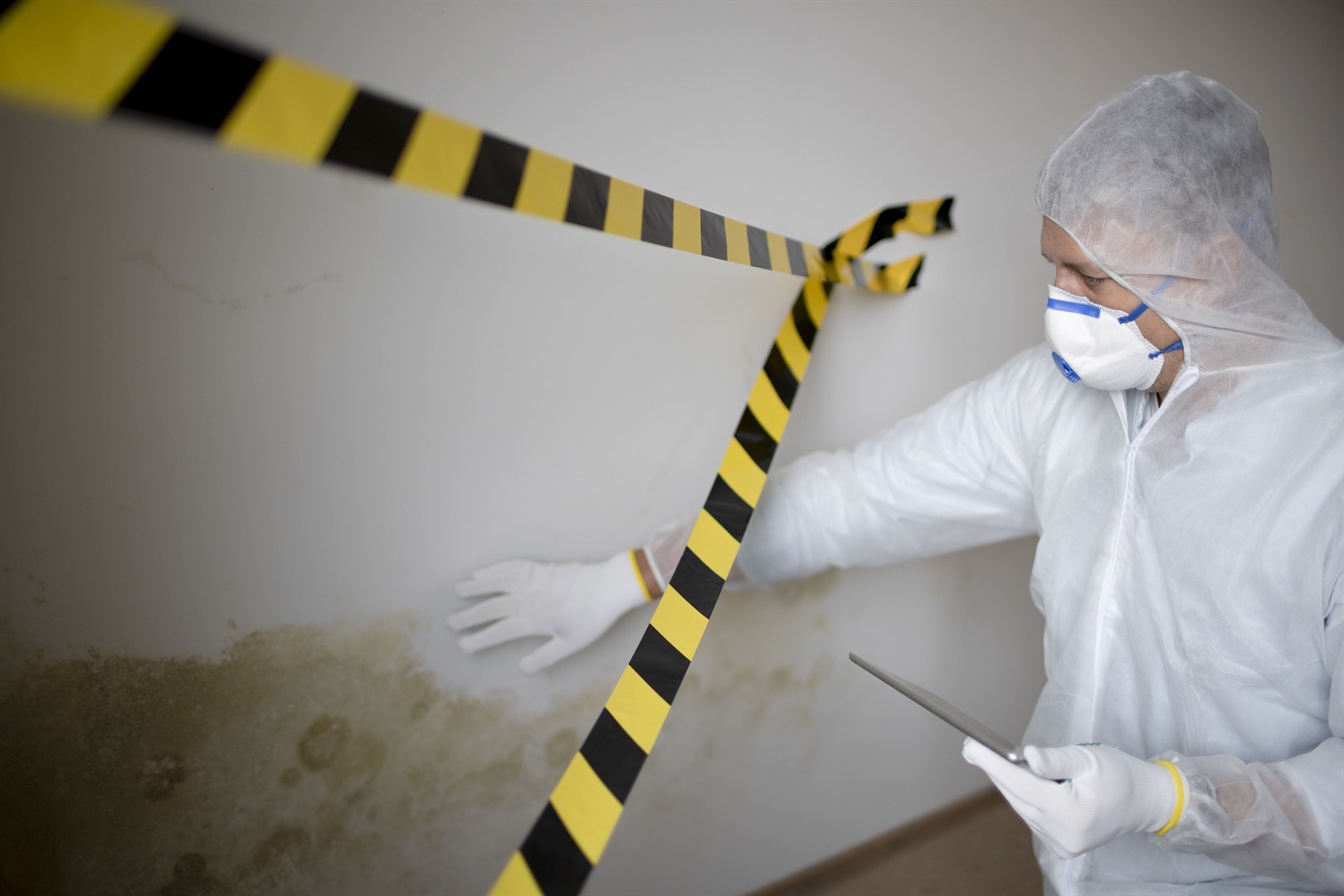
When hiring an asbestos remediation company, it is essential to choose a licensed and certified contractor with extensive experience in asbestos abatement. Look for contractors who hold valid licenses and certifications from regulatory agencies and professional organizations, ensuring compliance with industry standards and regulations.
An experienced asbestos remediation company will have the expertise and resources to handle asbestos removal projects of any size and complexity. They should employ trained and knowledgeable staff equipped with the necessary skills and equipment to safely and effectively remediate asbestos-containing materials.
Choose a remediation company that offers comprehensive services, including asbestos assessment, removal, disposal, and post-remediation testing. A full-service approach ensures that all aspects of the remediation process are handled efficiently and professionally, minimizing disruptions and ensuring compliance with regulatory requirements.
Safety should be a top priority when selecting an asbestos remediation company. Ensure that the contractor follows strict safety protocols and adheres to all relevant regulations and guidelines governing asbestos abatement. Request proof of insurance, including liability and workers’ compensation coverage, to protect against any potential risks or liabilities associated with the remediation project.
Before hiring a remediation company, research their reputation and track record. Request references from past clients and read online reviews to gauge customer satisfaction and the quality of their work. A reputable company will have positive reviews and references, demonstrating their commitment to excellence and customer satisfaction.
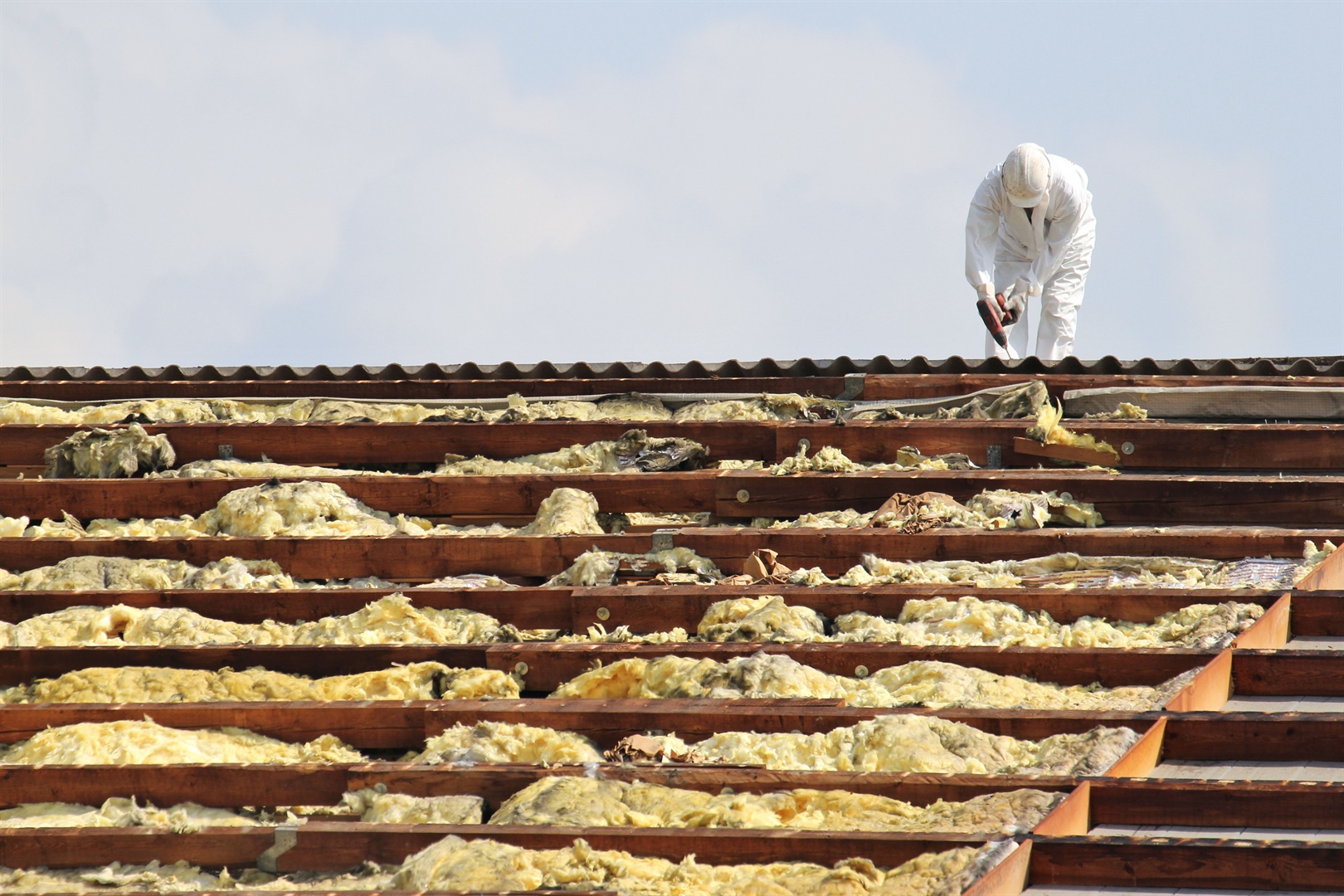
The cost of asbestos remediation can vary depending on several factors. These include the size and complexity of the property, the extent of asbestos contamination, the type of materials containing asbestos, and the specific remediation methods required. Additionally, the location of the property and local regulations may also impact the overall cost of remediation. It is essential to obtain multiple quotes from reputable asbestos remediation companies to compare costs and ensure transparency in pricing.
Asbestos remediation costs typically include several components. The primary expenses involve assessment and testing to identify asbestos-containing materials, containment and isolation measures to prevent fiber release during remediation, safe removal and disposal of asbestos materials, post-remediation testing to verify clearance, and any additional services such as cleaning and decontamination. These costs may be itemized in a detailed estimate provided by the remediation contractor, allowing property owners to understand the breakdown of expenses.
Several factors can influence the pricing of asbestos remediation services. These may include the accessibility of the contaminated areas, the complexity of containment measures required, the need for specialized equipment and protective gear, and the level of expertise and certification of the remediation professionals. Additionally, factors such as project timelines, insurance coverage, and any additional services requested by the property owner may also impact the overall cost of remediation.
When budgeting for asbestos remediation, it is essential to consider the potential long-term savings and benefits of addressing asbestos contamination promptly and effectively. While remediation costs may initially seem daunting, investing in professional asbestos removal can help protect the health and safety of occupants, prevent future liabilities, and maintain the value of the property. Property owners should prioritize safety and compliance when selecting a remediation company and allocate sufficient funds to ensure thorough and proper remediation.
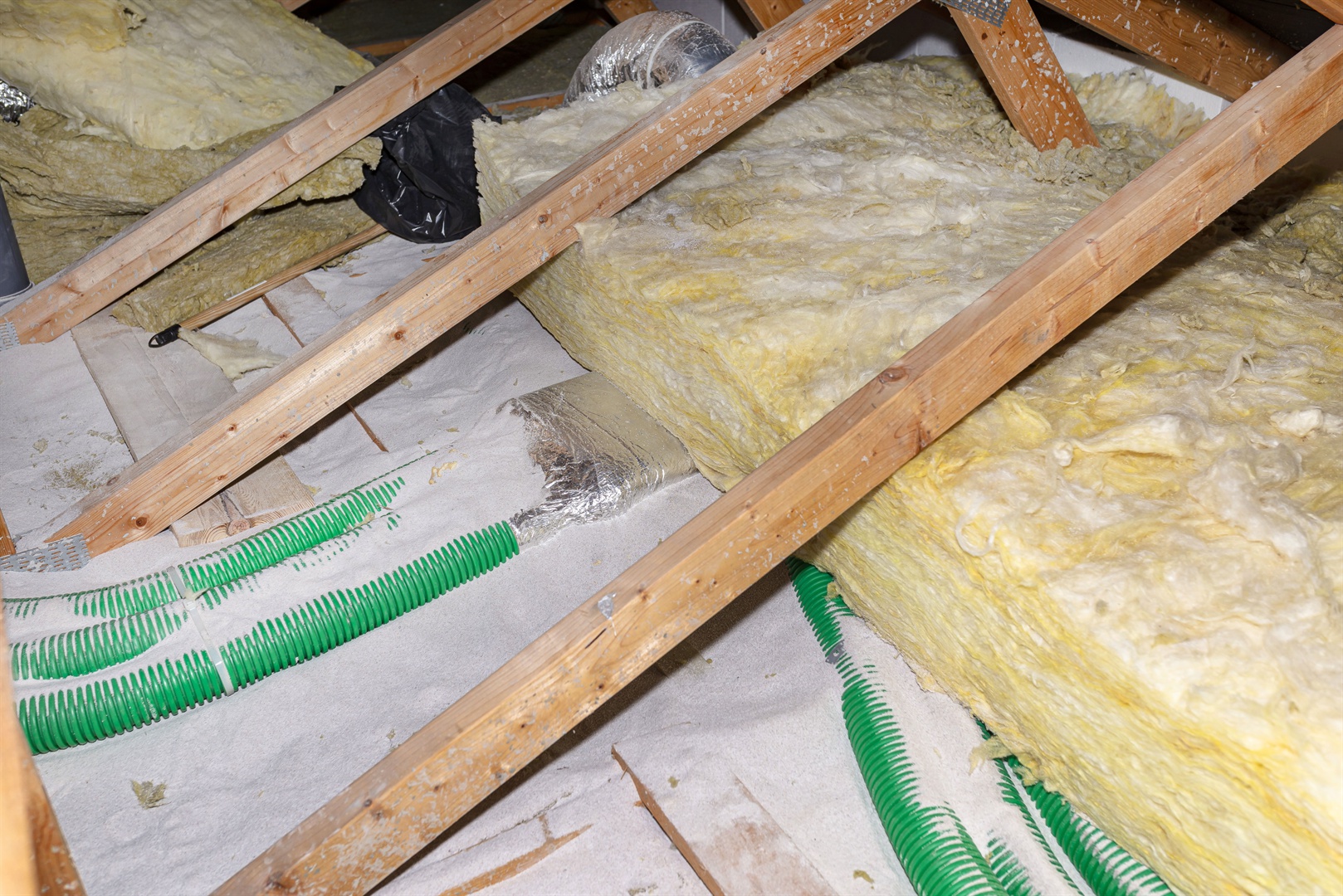
Asbestos remediation is a critical step in protecting the health and safety of building occupants and workers. Exposure to asbestos fibers can pose serious health risks, including respiratory diseases such as asbestosis, lung cancer, and mesothelioma. By addressing asbestos contamination promptly and effectively, property owners can minimize the risk of exposure and ensure a safe and healthy environment for occupants.
Asbestos remediation is a specialized process that requires collaboration between property owners, remediation contractors, and regulatory agencies. Property owners should work closely with certified professionals to develop a comprehensive remediation plan that meets regulatory requirements and ensures the safe and effective removal of asbestos materials. By following proper protocols and guidelines, property owners can achieve peace of mind knowing that their property is free from asbestos contamination.
Subscribe to our newsletter to see the latest blogs
Learn the essential steps to take after water damage, from ensuring safety to preventing mold.…
Ensure safety in older homes with professional asbestos inspections. Learn why identifying and removing asbestos…
Learn why DIY black mold removal is dangerous and how professional mold remediation ensures complete,…
Learn about smoke damage restoration, its health risks, and professional solutions to clear the air…
Learn effective basement water damage repair solutions, from identifying causes and quick fixes to professional…
Discover essential tips and steps for effective water damage restoration. Learn how to protect your…
Copyright © 2023. All rights reserved.
If you are in need of an emergency service, please directly call us at 416-800-5050. We are 24/7 available throughout the year.